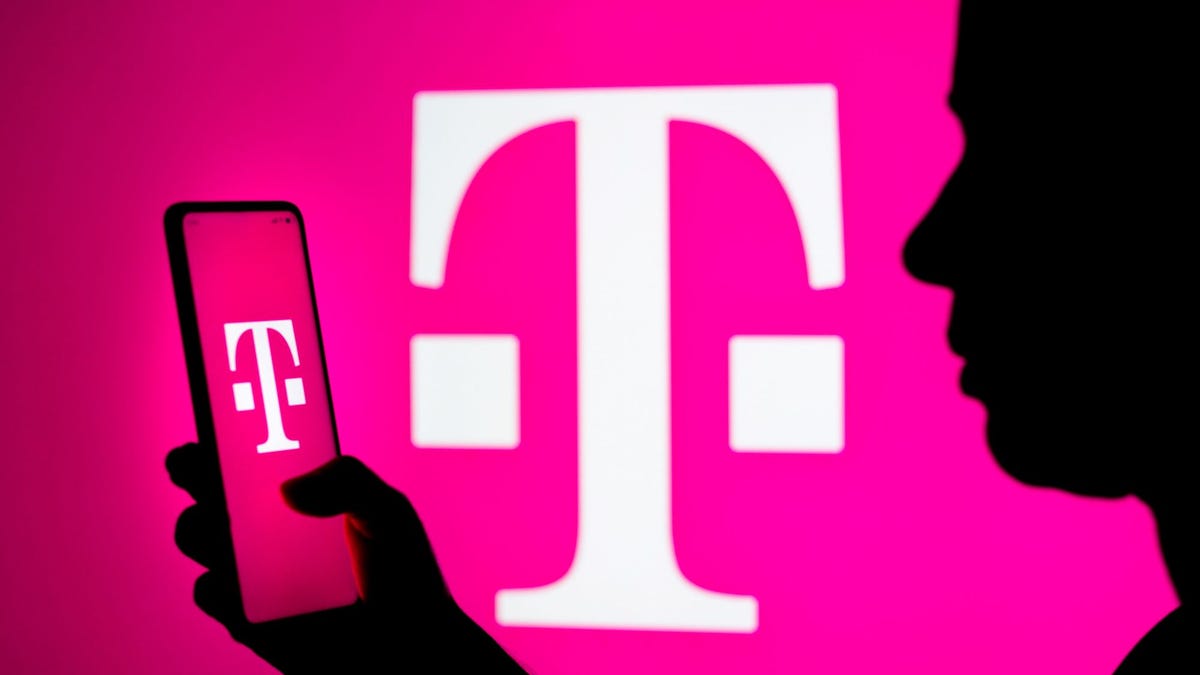T-Mobile Says Its Scam Shield Blocked 41 Billion Spam Calls in 2022
The company says it aims to protect customers from unsolicited robocallers, which are becoming more aggressive.

T-Mobile touted its scam detection technology in a new report on spam, scams and robocalls.
Amid the US Federal Communications Commission's crackdown on robocalls and spam, T-Mobile is reporting that its Scam Shield app blocked 41.5 billion scam calls in 2022. In its year-end Scam and Robocall report, the company estimates its network prevented roughly 3.5 billion such calls from reaching customers each month.
T-Mobile echoed the FCC in acknowledging that technology advancements have enabled scammers and robocallers to access mass amounts of phone numbers and make calls. The mobile carrier also pointed to a 75% increase in call attempts during 2022 compared with 2021, citing surges on weekdays and in the weeks leading up to holidays or seasonal periods like back to school, open enrollment or tax time.
T-Mobile credits its Scam Shield app for warning customers with a "Scam Likely" message or by blocking suspect calls. The app is free, and the company says it updates every six minutes.
According to the FCC, US customers receive around 4 billion scam calls per month. The agency has been combating the problem by issuing fines and cease-and-desist orders, or shutting down networks of offending voice providers.
Additionally, the FCC requires that wireless carriers provide caller ID authentication, and the agency has pushed for them to adopt its STIR/Shaken protocol, its anti-spoofing framework. T-Mobile and Verizon are among the carriers that are compliant with the measure, which applies to domestic and international calls.

